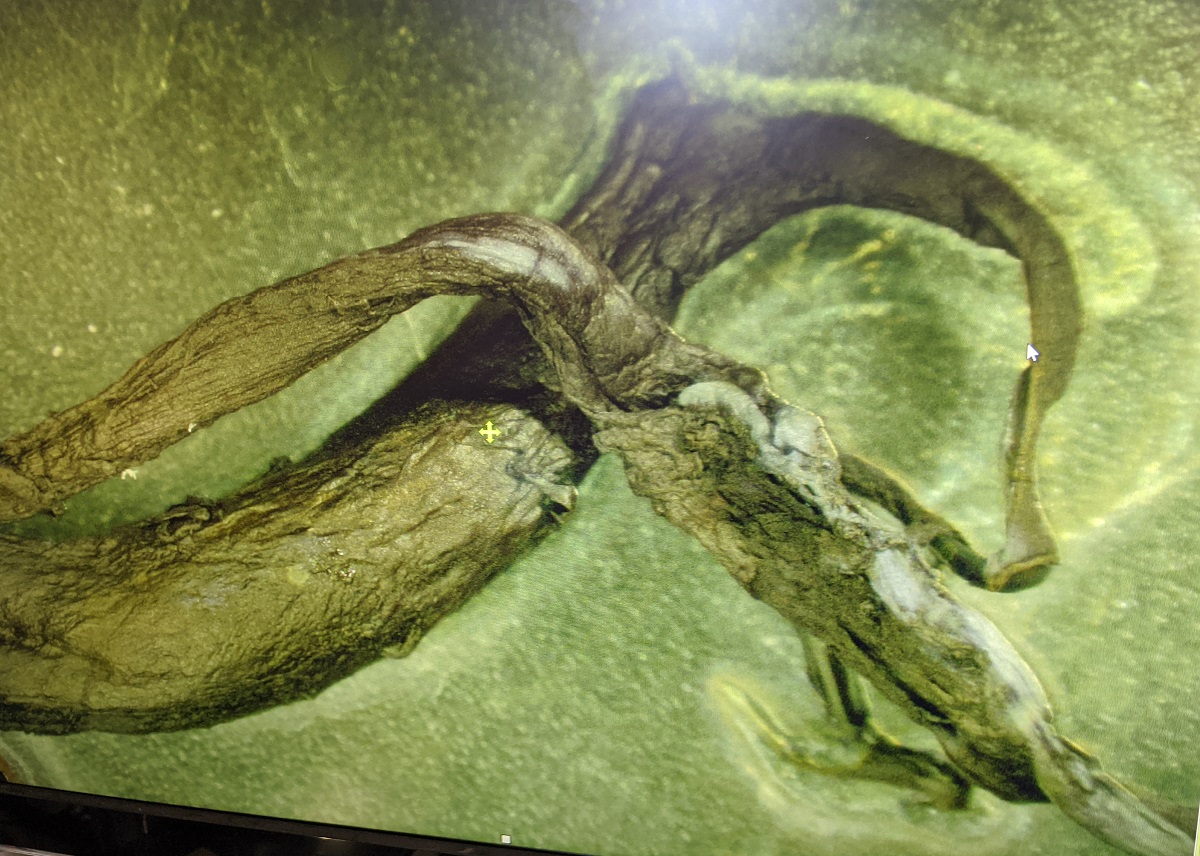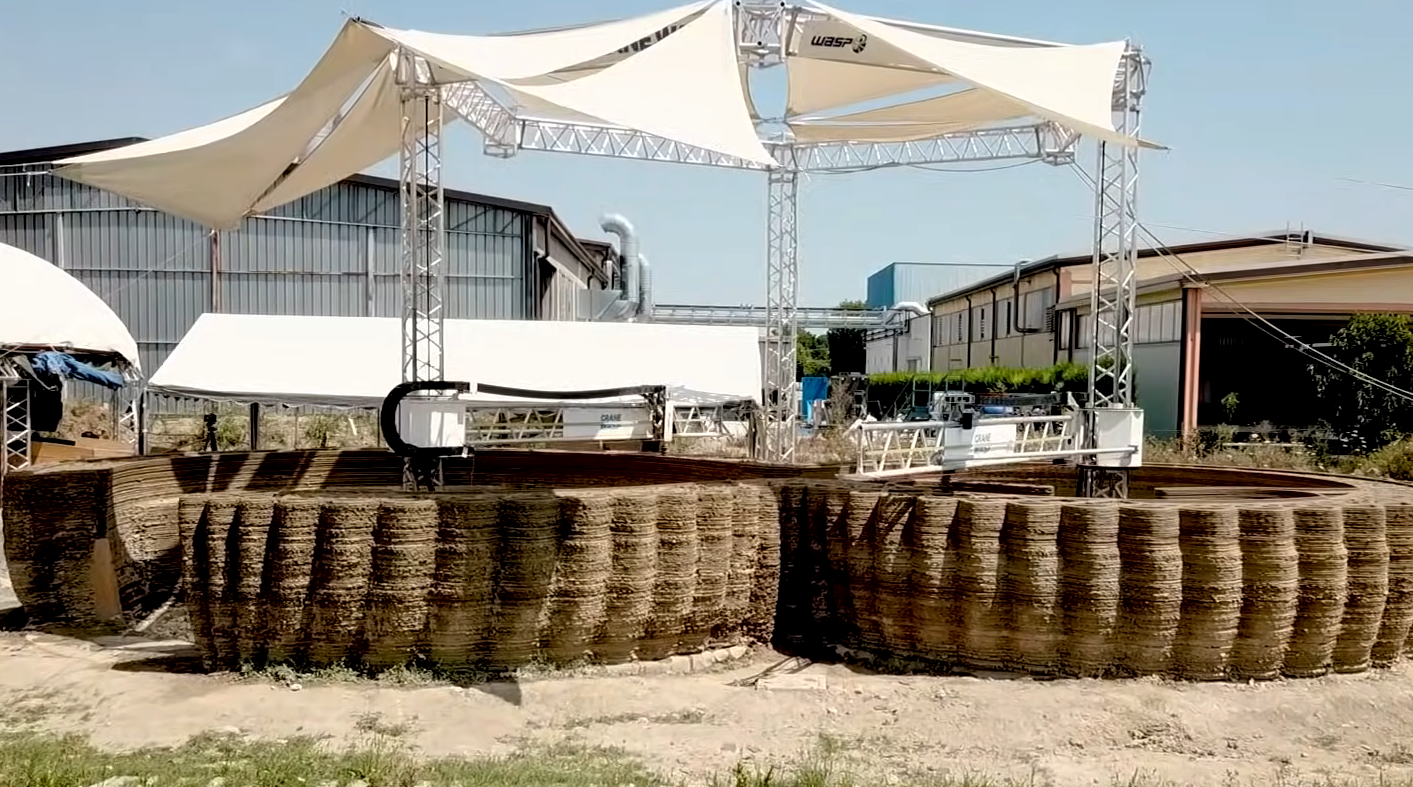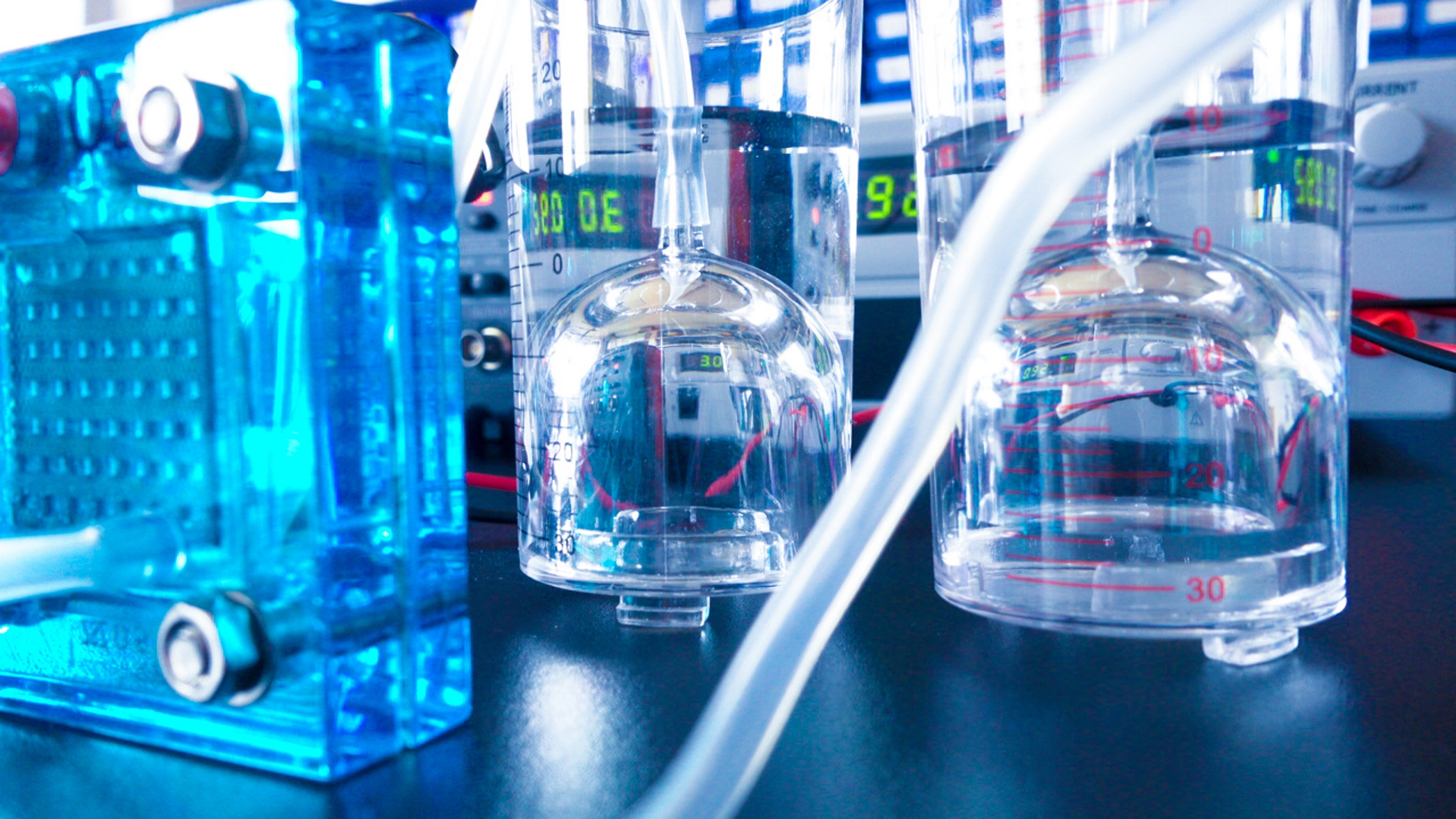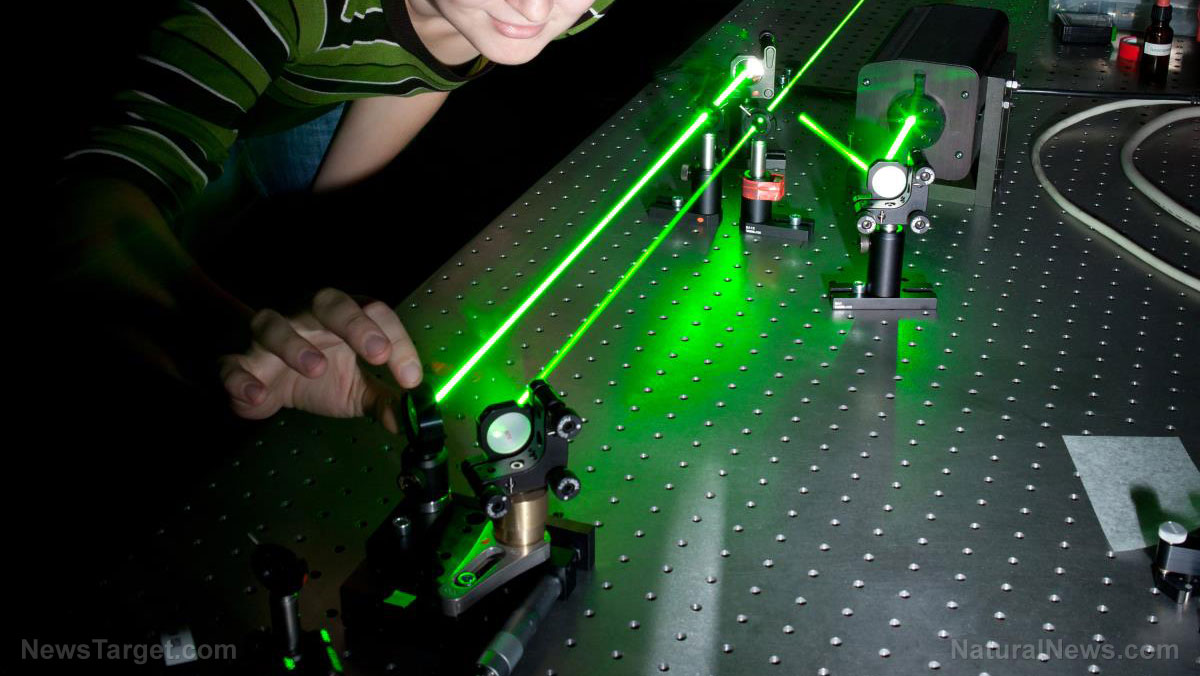Carbon fibers can be used as battery electrodes that store energy directly: Possible applications include lighter aircraft and vehicles of the future
12/03/2020 / By Virgilio Marin
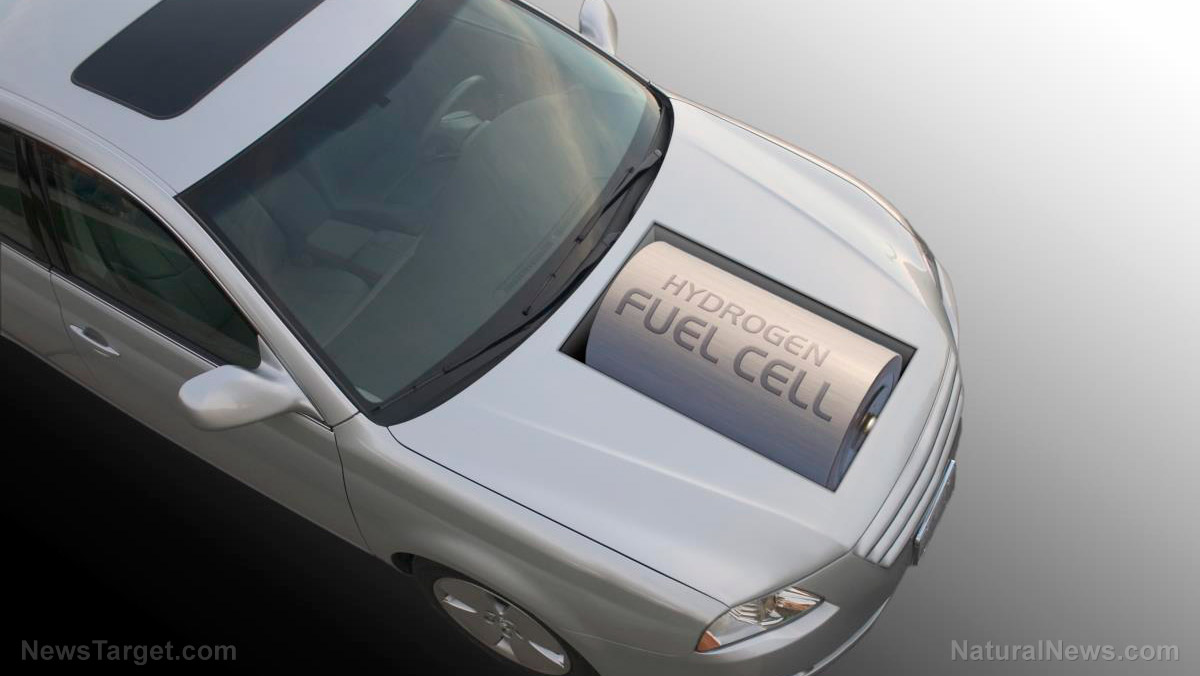
A study published in the journal Multifunctional Materials shows that carbon fibers can serve as multi-purpose components of vehicles, acting as battery electrodes that store energy while at the same time performing other key functions like providing structural support. Such materials can reduce the weight of future electric vehicles and extend the driving distance per battery charge.
European researchers tested the ability of carbon fibers to perform tasks other than acting as a reinforcing material and found that they can also store and harvest energy.
“If all these functions were part of a car or aircraft body, this could reduce the weight by up to 50 percent,” said co-author Leif Asp of the Chalmers University of Technology in Sweden.
Exploring carbon fiber for powering vehicles
A major challenge in the electrification of passenger aircraft is that most contemporary planes are too heavy to be efficiently powered by electricity. To that end, the researchers studied carbon fiber – a strong, stiff, lightweight material that’s used in place of steel in certain applications. Their studies show that these can be multifunctional materials that can store electrical energy while carrying a mechanical load, opening new opportunities for reducing the weight of vehicles.
The researchers examined how the microstructure of these materials affects their electrochemical properties – that is, their ability to function as electrodes in a lithium-ion battery. After looking at different types of commercially available carbon fibers, the researchers found that carbon fibers with small and poorly oriented crystals have good electrochemical properties and lower stiffness. By comparison, carbon fibers with large, highly oriented crystals have greater stiffness but poorer electrochemical properties, making them untenable for use in structural batteries.
“We now know how multifunctional carbon fibers should be manufactured to attain a high energy storage capacity while also ensuring sufficient stiffness,” Asp said.
The researchers explained that the types of carbon fiber with good electrochemical properties had a slightly higher stiffness than steel, while the types with poor electrochemical properties were more than twice as rigid as steel.
According to Asp, their finding shows that slightly reducing the stiffness of the material is not going to be a problem for smaller vehicles like cars. The market, according to Asp, is currently dominated by expensive carbon fiber composites whose stiffness is tailored to be used in aircraft. Their finding means that carbon fibers can be further developed to extend their applications.
Improving carbon fiber technology
The researchers are currently working with both the automotive and aviation industries to develop carbon fibers for energy storage. One area of improvement is to increase the thickness of carbon fiber composites in electric aircraft to compensate for the reduced stiffness of structural batteries and increase the materials’ energy storage capacity.
“The key is to optimize vehicles at the system level – based on the weight, strength, stiffness and electrochemical properties,” said Asp, explaining that the automotive industry is more used to optimizing individual components than introducing systemic changes.
Asp stated that while structural batteries are not yet as efficient as traditional batteries, these multi-purpose materials are safer due to their lower energy density and because they don’t carry any volatile substances. (Related: Meet your new car batteries: Water, carbon dioxide, and cobalt.)
In another study, German researchers developed a battery pack made of carbon fiber composites that is 40 percent lighter than a traditional enclosure made of aluminum. The researchers said that the design both reduces the moving mass of the electric vehicle and increases its range and dynamics thanks to added functions. The battery pack can be manufactured within two minutes at a low cost, added the developers.
Read more articles about future cars at RoboCars.news.
Sources include:
Submit a correction >>
Tagged Under:
batteries, breakthrough, carbon fiber, discoveries, electric aircraft, electric vehicle, future cars, future science, future tech, goodtech, innovation, inventions, research, science and technology
This article may contain statements that reflect the opinion of the author
RECENT NEWS & ARTICLES
Physics.News is a fact-based public education website published by Physics News Features, LLC.
All content copyright © 2018 by Physics News Features, LLC.
Contact Us with Tips or Corrections
All trademarks, registered trademarks and servicemarks mentioned on this site are the property of their respective owners.

